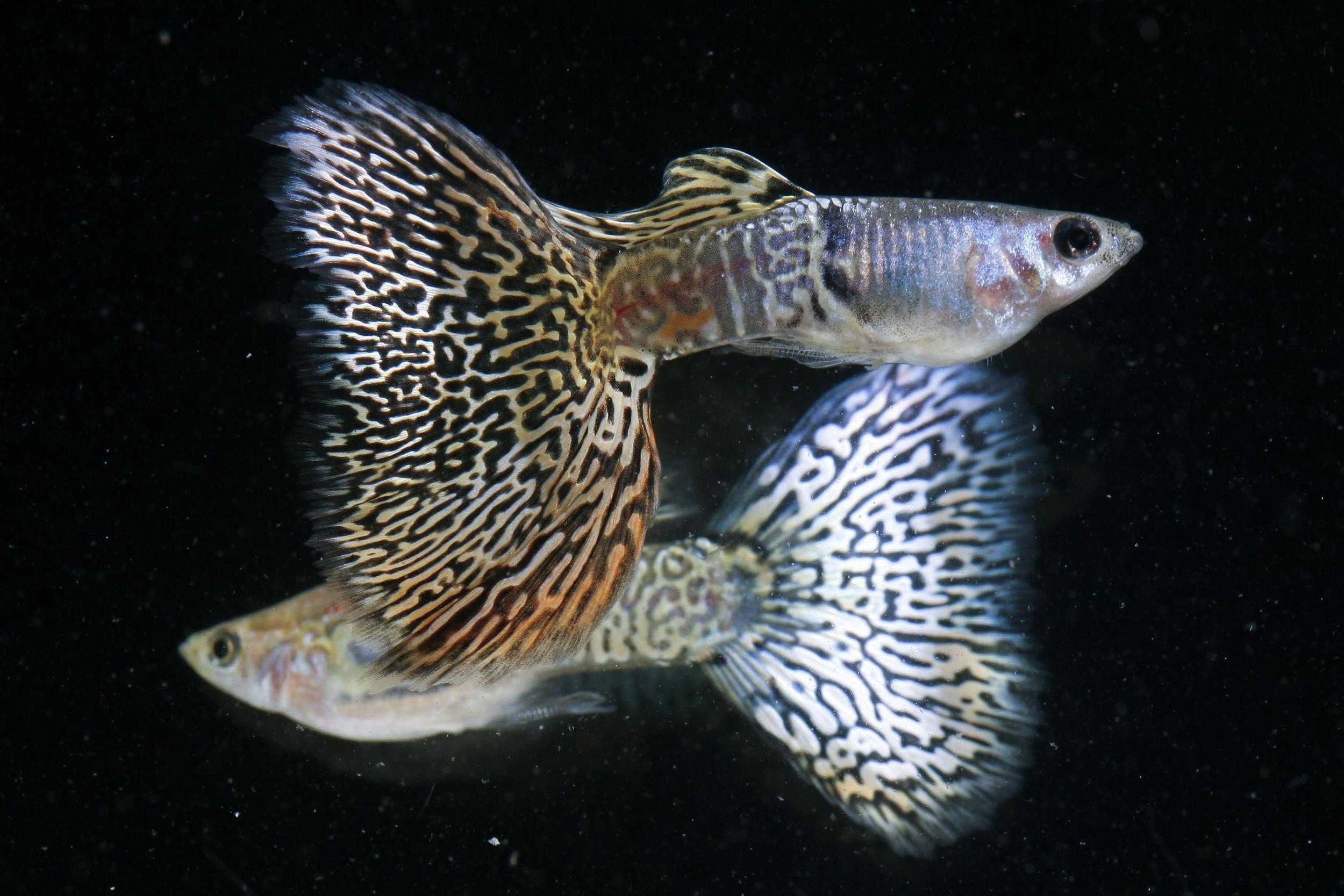Fish have complex personalities and some are braver than others, study finds
It had been thought fish such as guppies had a ‘simple spectrum’ of responses to danger, but in tests they proved to be more complex individuals

Your support helps us to tell the story
From reproductive rights to climate change to Big Tech, The Independent is on the ground when the story is developing. Whether it's investigating the financials of Elon Musk's pro-Trump PAC or producing our latest documentary, 'The A Word', which shines a light on the American women fighting for reproductive rights, we know how important it is to parse out the facts from the messaging.
At such a critical moment in US history, we need reporters on the ground. Your donation allows us to keep sending journalists to speak to both sides of the story.
The Independent is trusted by Americans across the entire political spectrum. And unlike many other quality news outlets, we choose not to lock Americans out of our reporting and analysis with paywalls. We believe quality journalism should be available to everyone, paid for by those who can afford it.
Your support makes all the difference.Fish appear to be individuals with complex personalities, according to new research.
Researchers tested the idea that Trinidadian guppies all had a fairly standard response to potential dangers.
The theory went that they had a “simple spectrum” of reactions to danger – some things were more frightening than others but the fish basically all responded in the same way.
However, when confronted by a new situation or a potential predator, such as a model of a heron in laboratory tests, the guppies proved they were all individuals. Some were, essentially, braver than others.
One of the researchers, Dr Tom Houslay, of Exeter University, said: “The idea of a simple spectrum is often put forward to explain the behaviour of individuals in species such as the Trinidadian guppy.
“But our research shows that the reality is much more complex.
“For example, when placed into an unfamiliar environment, we found guppies have various strategies for coping with this stressful situation – many attempt to hide, others try to escape, some explore cautiously, and so on.
“The differences between them were consistent over time and in different situations.
“So, while the behaviour of all the guppies changed depending on the situation – for example, all becoming more cautious in more stressful situations – the relative differences between individuals remained intact.”
The study, described in the journal Functional Ecology, involved causing different degrees of stress to the guppies and then monitoring their “coping” mechanisms.
Putting the fish into a different tank caused mild stress as they were forced to explore an unfamiliar environment that might be dangerous.
Join our commenting forum
Join thought-provoking conversations, follow other Independent readers and see their replies
Comments